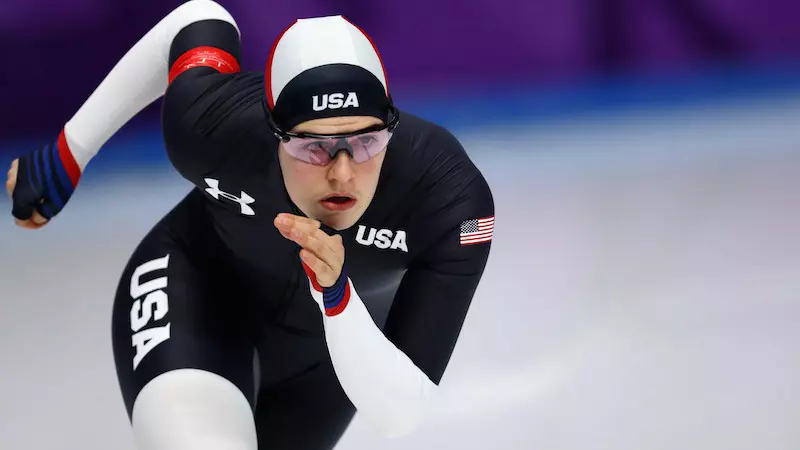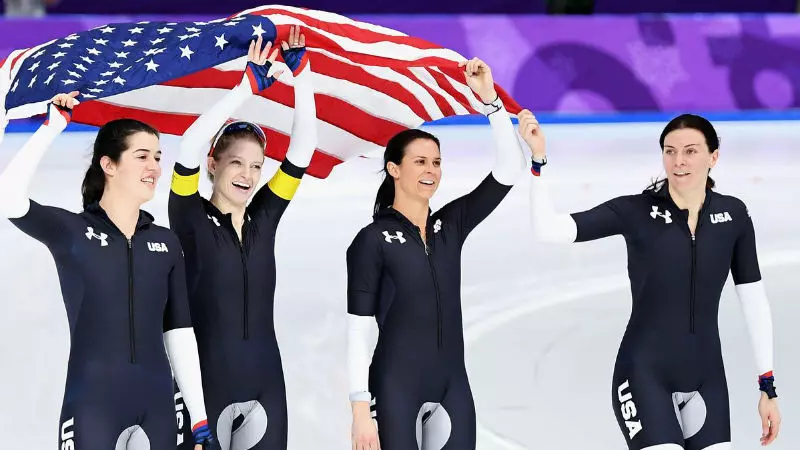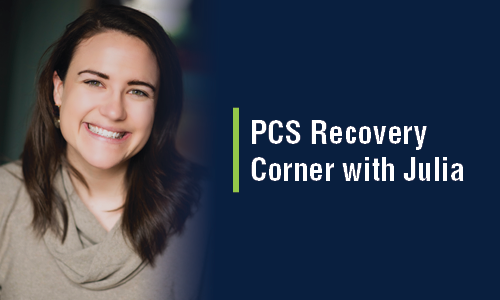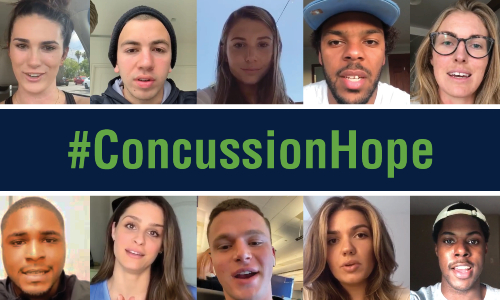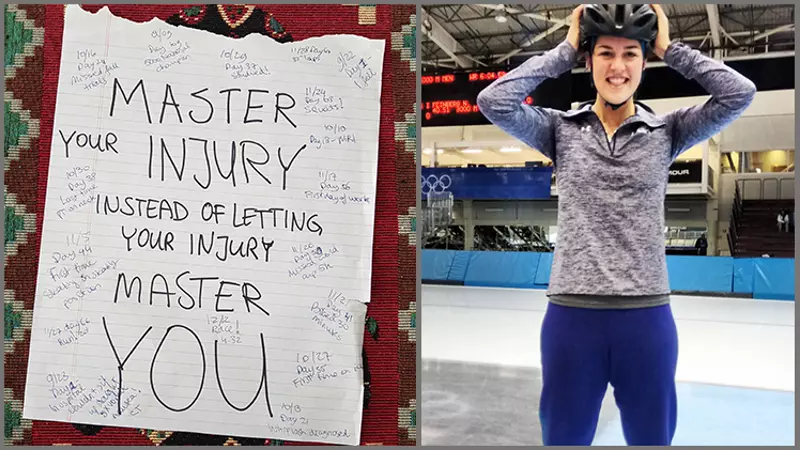
Your teammate Brittany Bowe also suffered a concussion in 2016. Did you ever get a chance to talk about the experience with her?
We’re around each other all the time so we definitely shared some experiences. I had just recovered and made my initial comeback when it happened to her. We had a very similar timeline – concussion in the early season, trying to come back, and having recurring symptoms. It was very similar to my experience. It’s pretty special that we were eventually on a team together and got that bronze medal after we both had very similar struggles leading up to the Olympics.
How do you think speed skating in general views concussions?
I think they are taken seriously now. What happened to me and Brittany gave people a reminder that concussions don’t only happen in short track and that concussions can be very, very serious.
Do you think Olympic athletes are properly informed about the risks of head trauma?
I think they are taken seriously now. What happened to me and Brittany gave people a reminder that concussions don’t only happen in short track and that concussions can be very, very serious.
Do you think Olympic athletes are properly informed about the risks of head trauma?
I think at my level, yes. We have so many resources being on the national team. I had a trainer that was available to drive me to the hospital the same day I started showing signs of a concussion and saw a doctor that was affiliated with US Speed Skating and could give direct feedback to my coaches.
But if you’re trying to get to the national level and you’re maybe five years old and you’re just at your local team with your local coach, maybe people don’t fully understand that a concussion is an injury that’s very serious. Not everyone has the same support we do, so I think that, for those kids that are trying to get to the national level, awareness is probably not as great.
So, what I would say to those kids is, even if you don’t feel outside pressure, you have to get over that pressure that you feel within yourself. I feel like that’s a very big hurdle to overcome to finally give yourself time to recover and put that before any other goal you have.
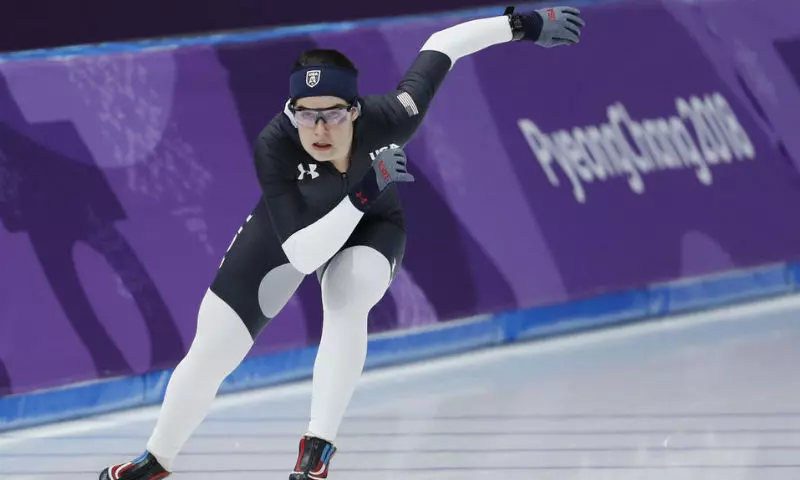
How important do you think it is for elite athletes to set a good example when it comes to dealing with concussions?
I think that’s really important. If I was a 15-year-old with a concussion and I was getting ready for Junior Nationals or another big competition, I might want to ignore the symptoms of a concussion and be quiet about it and act like it never happened. But if I see someone at a higher level going through the same thing and stressing how important it is to focus on recovery then I maybe would feel more supported and be able to make the right decision.
How do you hope to use your role as a CLF Team Up Against Concussions Ambassador to impact your sport?
I think both my positions – as a Team Up Against Concussions Ambassador and member of the US Speedskating Athletes’ Advisory Council – give me an approachable, role model position where anyone could feel like I’m there to look out for them and help them.
I hope that I can use my reach within sports to let people know that I had a concussion and that it ended well after I took it seriously. I hope that everyone feels like they can reach out to me if they have any questions or they can use what happened to me as guidance for making their own decisions and feel like they aren’t alone in their concussion struggles.
What’s next for you?
I’m going to continue to speed skate in Salt Lake City. I was in medical school before I took a break to get ready for the Olympics so I’m also resuming medical school. I’m really looking forward to doing some research with the orthopedics department in Utah.
